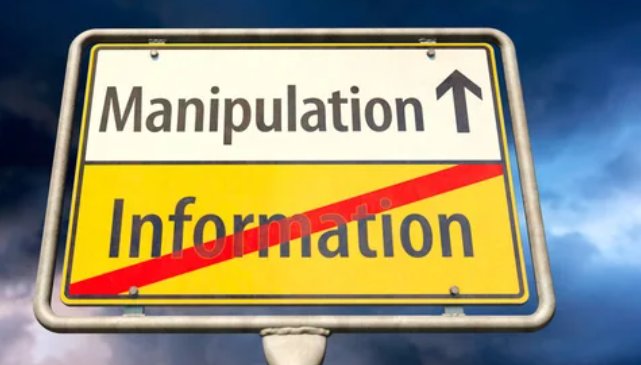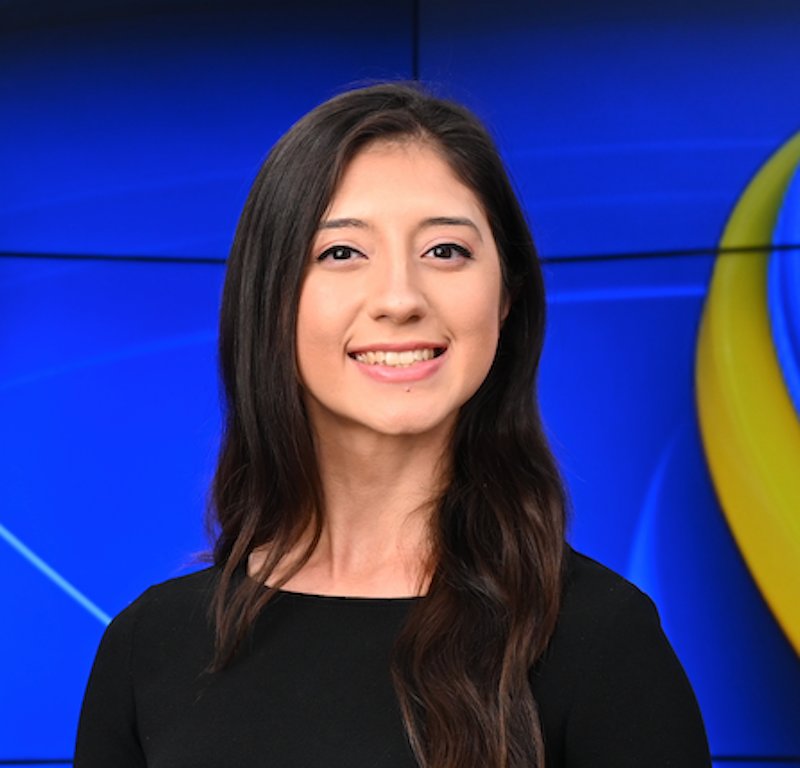
The Center for Media Integrity set forth lofty goals for democracy in the Americas. The name itself sets a certain standard for the work the project aims to achieve. The secretary general of the Organization of American States (OAS), Luis Almagro, launched the Center in June 2022. The Center is a project under OAS, currently funded by voluntary donations. According to the Center's press release, “the goal is to promote and support the practice of independent, non-interest affiliated journalism and social media production in the Americas.”
Former Ambassador to Panama, John Feeley, is the Center's director. Feeley’s background includes 28 years of state diplomatic experience and working with Univision as a spokesman and consultant. He knows the issues facing media integrity.
“The issue of polarization, disinformation and the pressures that media, both traditional and new, find themselves in Latin America,” said Feeley.
Feeley and another OAS member discussed the issue and created the Center to combat pressures exerted on journalists. In all, Feeley identifies five main forces against journalists: Governments, oppositions, incentives from foreign governments — such as Russia or China, corporate interests and criminal interests. For example, journalists in countries like Mexico must contend with groups such as the cartel. There’s a lack of prosecution for those who kill journalists in Mexico, making it one of the countries with the highest death count for journalists. This includes countries that are actively at war. In contrast, Mexico is not at war and has lost 12 journalists thus far in 2022.
In addition to these pressures, the lay of the media landscape has changed. The increasing concentration of media in fewer hands, tighter budgets and less revenue have created an economic business model shift. Feeley looks to the root of independent journalism to solve these issues, answering the question, “Why do we have media?”
“It is to inform the citizens in their own democracy so that they can take the reins of their own self-determination and governance and be best informed,” said Feeley.
“It intends to work with the governments of Latin America to promote democracy and rights of all citizens… i.e., freedom of expression and assembly,” said Feeley, emphasizing that they do not take government money. Feeley said the Center is evolving to become a 501(c)3. A Board of Directors oversees the fundraising activity.
“We will be funded by private philanthropic institutions and individuals who understand that independent and high-quality journalism is an essential pillar for a thriving democracy,” said Feeley.
The first major event will be a conference that will take place in mid to late September. Latin American and Caribbean journalists will be invited to a week-long seminar conducted by the Philip Merrill College of Journalism at the University of Maryland to discuss best practices in independent journalism. Feeley said one of their ultimate goals for the Center will be to draw attention to issues of public interest media and quality journalism through multiple conferences and seminars such as these.
Another event hosted by the Center is a seminar called “Exiled But Not Silenced.” Four journalists will give a talk on how to do quality journalism when you cannot live in your own country. One of the speakers had his newspaper shut down by the president of Nicaragua and had to flee. He currently produces and reports digital journalism pieces from Costa Rica.
The Center plans to expand its reach by partnering with journalists, media outlets, academia and NGOs. Fundraising efforts are ongoing. The plan is to raise some funds for journalists to pursue investigative stories without financial strain.
“We want the people we bring in to be genuinely committed on the basis of values to media integrity and what that means. To do your job in the most non-partisan fashion that you can, to report what happens, to put it in context and when you have an opinion, to make a very clear, bright, shining red line that says, this is opinion, not news,” said Feeley.
 Victoria Holmes is a freelance journalist and writer based out of Dallas, Texas. Previously, Holmes worked as a TV news reporter and political podcast host at WNCT-TV in Greenville, North Carolina. Reach out to her on Twitter.
Victoria Holmes is a freelance journalist and writer based out of Dallas, Texas. Previously, Holmes worked as a TV news reporter and political podcast host at WNCT-TV in Greenville, North Carolina. Reach out to her on Twitter.
Comments
No comments on this item Please log in to comment by clicking here